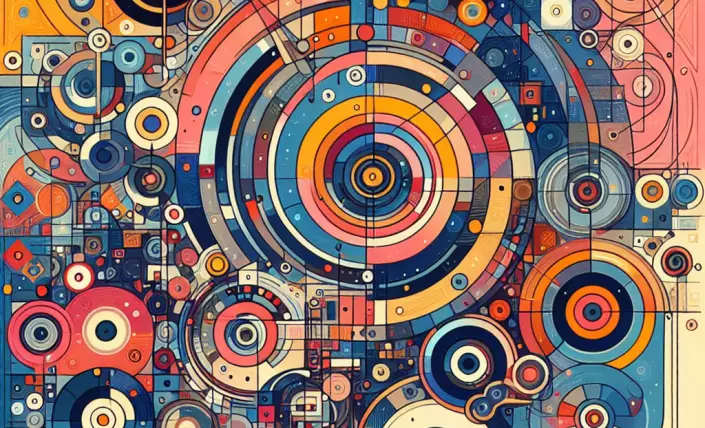In an age where change is constant and the future often seems uncertain, the tension between tradition and progress remains a critical point of philosophical inquiry. This conflict invites us to consider the wisdom of Edmund Burke, an 18th-century philosopher whose reflections on social order and political change continue to resonate today. Burke's philosophy, often categorized under the umbrella of conservative thought, provides a framework for understanding the delicate balance between preserving cultural heritage and embracing innovation.
At the heart of Burke's philosophy is the belief that society is an intricate web of customs and institutions that have evolved over time. He viewed these traditions not as static relics of the past but as living entities that connect generations. For Burke, the accumulated wisdom embedded in traditions serves as a guide to navigate the complexities of human existence. This perspective challenges the modern inclination to discard the past in favor of new ideas without fully considering the potential consequences of such actions. Burke's advocation for prudence and gradual change encourages a reflective stance, urging individuals to critically assess whether the abandonment of tradition truly serves the greater good or merely caters to transient desires.
However, Burke was not entirely opposed to change. He acknowledged that societies must adapt to survive but insisted that such transformations should respect the foundational principles that have withstood the test of time. This nuanced view offers a counterpoint to the simplistic dichotomy of conservatism versus progressivism often seen in contemporary discourse. Burke's insights prompt us to question the nature of progress itself: Is it defined solely by technological advancements and societal shifts, or does it also encompass the preservation and enhancement of human dignity and communal bonds? The reconciliation of these aspects forms the essence of Burke's philosophical legacy, urging us to strive for a society where innovation is harmonized with respect for the enduring values that shape our collective identity.










